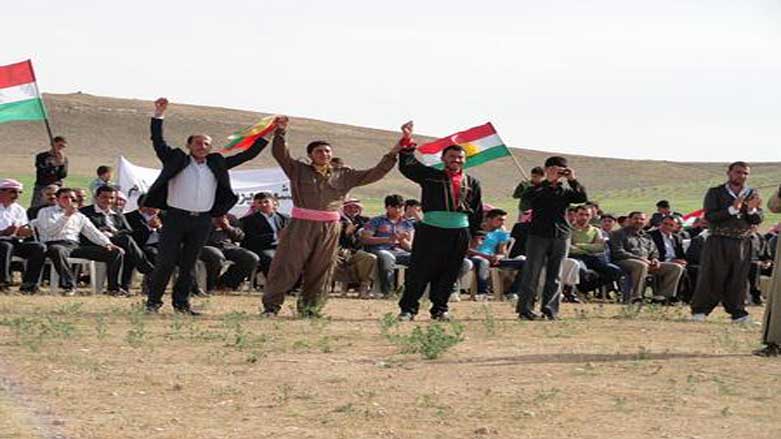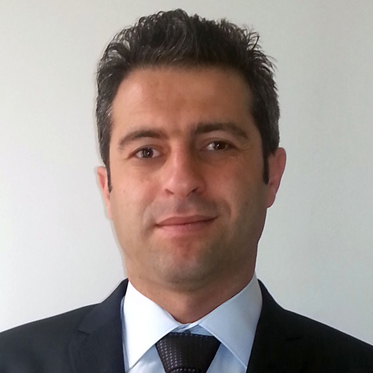Syrian-Kurdish parties to unite for Geneva talks

ERBIL, Kurdistan Region (Kurdistan24) – On Sunday, Syrian-Kurdish activists called for sit-ins to be held on the first of April in Kurdish cities and towns in Syria and the diaspora, demanding the fractured Syrian-Kurdish parties to unite and participate in Geneva peace talks as a separate delegation.
Speaking to Kurdistan24, Mihemed Nebo, a Syrian-Kurdish journalist, activist and the sit-in campaign manager, said on Sunday, “The campaign is popular and not sponsored or supported by any political party.”
“This campaign aims at easing the tensions and rifts between the Administration of Rojava [Syrian Kurdistan] ruled by the Democratic Society Movement (TEV-DEM) and the Kurdish National Council in Syria (ENKS) over the Kurdish representation in Geneva talks and TEV-DEM’s announcement of federalism in northern Syria,” Nebo said.
Nebo added that the campaign was launched on social media first then promoted by many Kurdish news agencies in Rojava and the Kurdistan Region. “The number of Campaigners is increasing dramatically, and I am hopeful that the sit-ins will cover towns and cities in Rojava as well as many European cities,” he said.
“The number of interacting and joining campaigners reached 13,000 members on social media in one day, Nebo said.
Regarding the reasons for the sit-ins, Tamar Hussein Ibrahim, a Syrian-Kurd journalist living in Erbil and participating in the campaign, told Kurdistan24 on Monday, “The campaign is a natural reaction because Syrian Kurds are frustrated by the current political situation in the Kurdish areas and the division and disagreement among Kurdish parties.”
“When the Syrian uprising broke out in 2011, Kurds had a sense that it was an opportunity for a better life after decades of injustice, oppression and denial of rights in Syria,” Ibrahim continued. “But, Syrian Kurds see that both the opposition and regime are denying their natural rights, even in the ongoing Geneva peace negotiations.”
“They [Syrian-Kurds] realized that Kurdish parties and political factions have failed to achieve their goals because neither the opposition nor the regime granted Kurdish demands in their agenda,” Ibrahim said.
It is worth mentioning that up to the moment, Syrian-Kurds are not represented in Geneva talks as a separate faction, but rather they are melted in the Syrian Government and opposition delegations.
They are fractured into three main groups: Damascus-based Syrian Kurds' National Initiative (SKNI) within the Syrian Government’s negotiating body, ENKS belonging to the Syrian opposition, and the Syrian Kurdish Democratic Union Party (PYD), who are excluded from the negotiations.
On the dispute over federalism, ENKS said it supports federalism but objects the time and mechanism by which it was announced by TEV-DEM two weeks ago. ENKS states that federalism cannot be announced without the consensus of the entire Syrian population while TEV-DEM considers it a natural right and the best solution for Syria to end the civil war.
Reporting by Hisham Arafat
Editing by Karzan Sulaivany and Ava Homa
